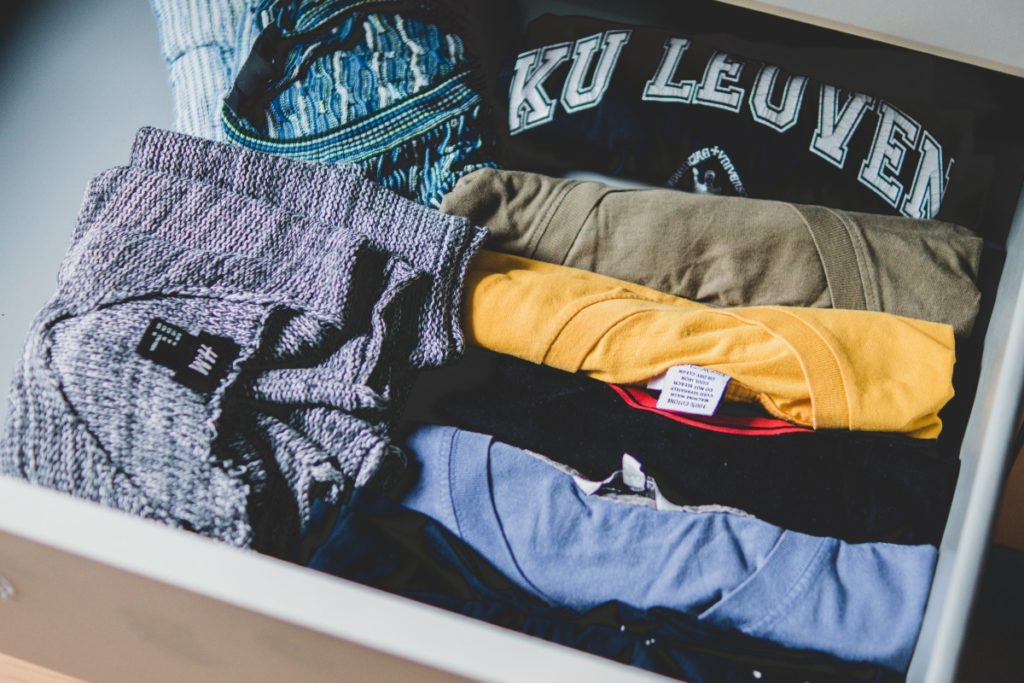While residential treatment provides many amenities for those navigating their sober journey, there are some items that one should avoid bringing in order to make the most of their treatment experience. Choosing what to bring makes a massive difference in one’s time in residential treatment, and ensuring that one brings only what one needs is crucial. Balancing the amenities provided by the residential treatment center and personal belongings can ensure that an individual approaches treatment with a mindset optimized for transformation.
Items Will Be Checked
Whatever one ends up deciding to bring to their stay in residential treatment will be inspected upon check-in. This is not meant to be a personal invasion, but rather a safety precaution. It is important to pack appropriately and provide the reasons behind one’s items if needed in order to mitigate any confusion or misconceptions. This is most commonly done to ensure that there aren’t any addictive substances or paraphernalia that may prove difficult or stressful for oneself or anyone else living in residential treatment at the time. Different residential programs may also have different guidelines regarding what is acceptable to bring.
You Don’t Need to Pack Everything
One’s time in residential treatment can be difficult to adjust to, and one may want to bring as many things from home as possible to make the time there more comfortable or familiar. However, one doesn’t need to bring too many things to residential treatment. There will be many amenities and comforts available through the facility itself, and bringing too many items that remind one of past lifestyles can be an unintentional hurdle to embracing a newfound sober routine. Amenities and food are all available to an individual in residential treatment.
Contact Information and Identification
When checking in, have your personal identification on hand. It is also ideal to have a list of supportive contacts and family members, along with their contact information. This information can be used both by professionals of the treatment facility and to ensure that one has addresses and phone numbers to call or write letters to during one’s stay.
Packing Clothes
Clothes will always be an essential part of any stay, but packing the right clothes for one’s stay is essential. Comfort is a major part of recovery, and packing one’s favorite, most comfortable outfits can help an individual best embrace a relaxed mindset. Leaving workplace attire at home can help an individual distance themselves from workplace stresses and focus wholly on themselves during their stay.
Bathing suits are also important for one’s stay, allowing an individual to better embrace the transformative and natural spirit of Hawaii during their time in residential treatment. Experiential visits to Hawaii’s oceanic and scenic opportunitiescan help an individual relax and embrace a spiritual, natural connection to the world.
Hygiene Needs
Packing items for daily hygiene is also important. Embracing effective hygiene routines can help an individual cleanse themselves in many ways, from getting ready for the day to an improved sense of body positivity to emotional clarity. Dental care, shampoo, and other hair products are all encouraged. However, it is important to avoid any hygiene items that may be detrimental to one’s recovery, such as mouthwashes that contain any degree of alcohol whatsoever. Items containing alcohol can fundamentally compromise one’s recovery efforts and will not be permitted into the treatment facility.
Photos and Motivational Pieces
Keeping photos of friends, family, and other loved ones can be extremely helpful during one’s time in residential treatment. Photos can remind an individual of their reasons for pursuing a life of sobriety and motivate an individual to put forth their best effort each and every day. Treatment and recovery are only as effective as one makes them, and being comfortable doesn’t necessarily mean that one is prepared to cope with the trials of sobriety. The motivation these items provide can be essential in making the most of one’s residential program.
Journaling Equipment
Journals, pens, pencils, and more are all great assets during one’s time in residential treatment. Being able to track one’s progress, urges, feelings, difficulties, successes, and more is an invaluable resource, and transformative residential programs will be filled with change and profound recovery efforts. Being prepared to journal and document one’s experiences can ensure that effective practices are able to be recounted and utilized even when one’s residential program ends. Journaling can also serve as an ongoing resource for continued motivation and success.
What You Won’t Need
In addition to the clear exception of drugs and alcohol, there are some other things that an individual won’t need throughout their stay. Outside food and drink will not be necessary. Items like DVD players and video game consoles are also unnecessary, with many activities already planned and structured to help an individual balance their needs for rest with dedicated recovery efforts.
Recovery and treatment may be difficult, but the advantages of residential treatment can help you challenge your daily routines and habits to create a healthier, sober future. At Hawaii Island Recovery, our intimate and comfortable drug and alcohol treatment center is prepared to help you build up a unique routine and lifestyle in our beautiful Hawaiian culture, complete with professional staff, personalized programs, and a close connection to Hawaii’s spiritual nature. We understand the need for creating a safe and comfortable atmosphere to challenge the difficulties of recovery, and we are committed to helping you balance your need for change with a supportive staff and like-minded peers. For more information on how we can help you, or to speak to a caring, trained staff member about how we can personalize your stay, give us a call today at (866) 390-5070.

